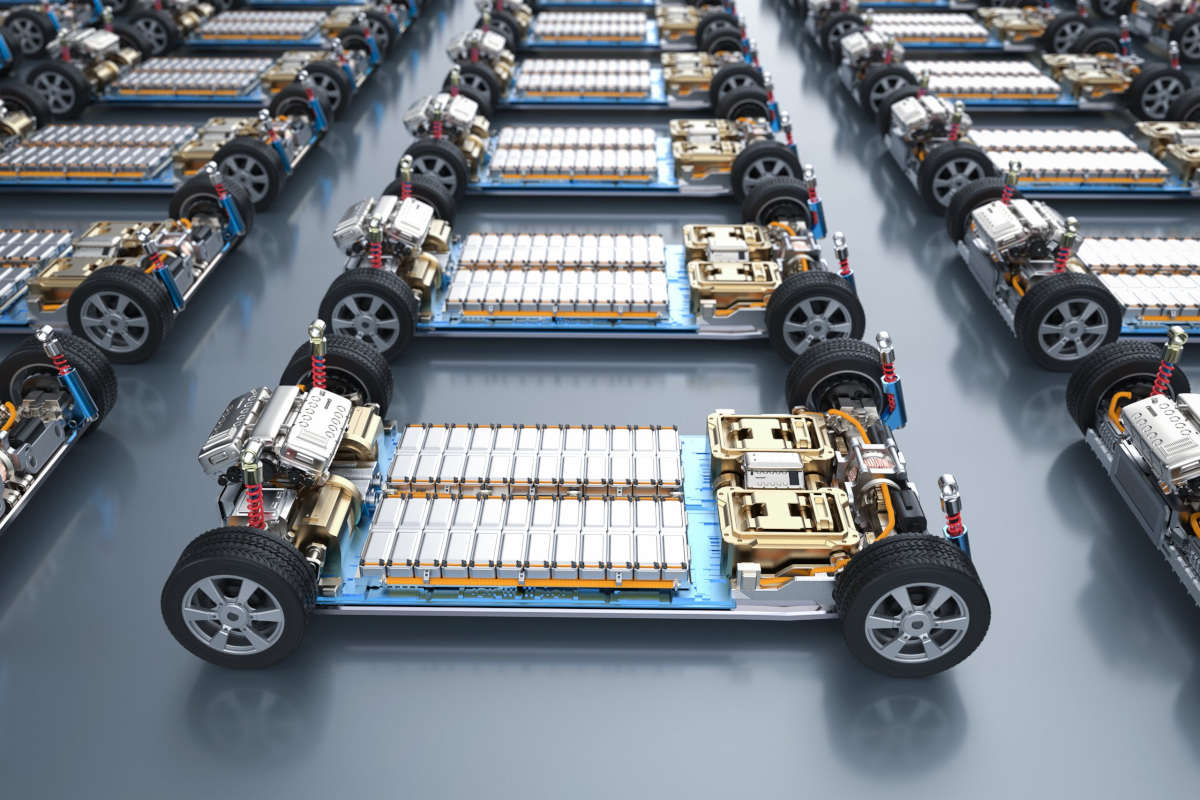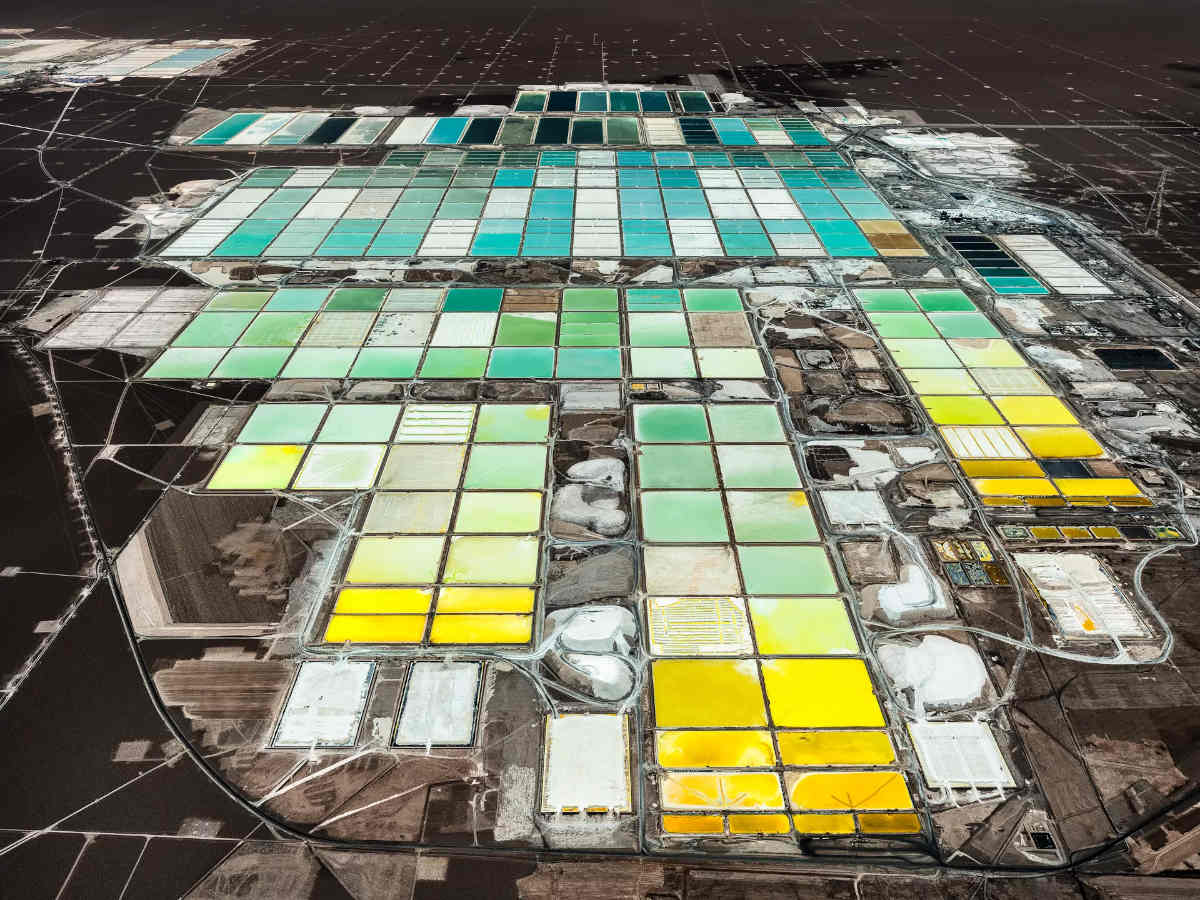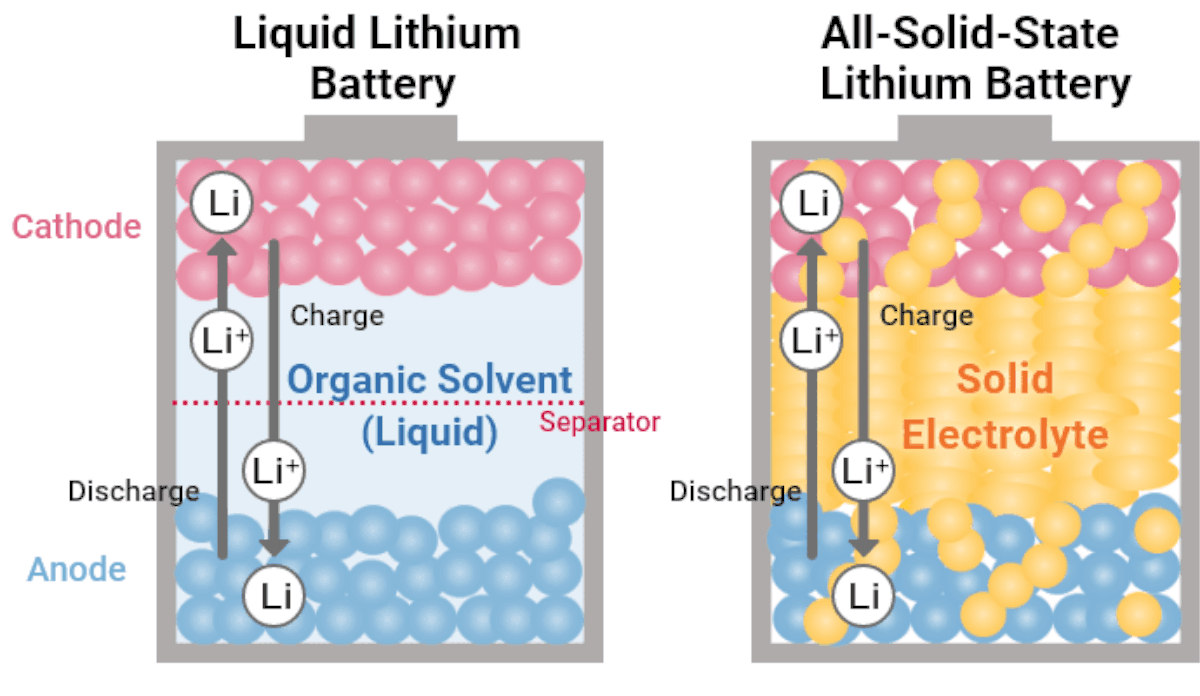Toyota, the world’s second-largest car maker, has made headlines recently for claiming it has achieved a significant milestone in the advancement of battery technology. The Japanese firm claims the breakthrough would allow it to halve the weight, size and cost of batteries, paving the way for cost-affordable EVs in the near future. A bold claim, indeed.
The automotive industry has long since relied on lithium-ion batteries to power EVs. For one, it has a higher depth of discharge (DoD) of any other rechargeable battery on the market today. It also has the highest energy density – meaning it’s relatively lightweight, making it ideal for vehicles – and holds a large charge cycle.
However, the cost to produce lithium-ion batteries has gradually increased due to rapidly growing demand, the rarity of the natural resources, and the rising cost of extracting these raw materials. It’s also quite a danger to extract these resources, for humans, as well as the environment, and one of the main moral reasons against buying an EV. The end doesn’t necessarily justify the means, though cautious headway has at least been made to reduce environmental impact.


Enter Toyota, and the race to produce the first commercially available all-solid-state battery. According to The Guardian, the Japanese company claimed it has simplified production of both liquid-based (lithium-ion) and advanced solid-state batteries – the latter offers huge benefits when compared with conventional liquid-based batteries.
“For both our liquid and our solid-state batteries, we are aiming to drastically change the situation where current batteries are too big, heavy and expensive,” said Keiji Kaita, president of the Japanese auto firm’s research and development centre for carbon neutrality. “In terms of potential, we will aim to halve all of these factors.”
Even more so, Kaita says the company has developed ways to make batteries more durable and believed it could now make a solid-state battery with a range of a whopping 1,200km that could charge in 10 minutes or less. Toyota expects to manufacture solid-state batteries as soon as 2027.

All-solid-state batteries are in their infancy, and even in the UK, we have engineers who are working around the clock to produce a safe and readily available all-solid-state battery to market. It is incredibly significant because these batteries utilise an anode-free, all-solid state (either lithium-, ceramic-, or sulphur-based) method when compared to conventional graphite anodes, replacing it solely with a copper-foil current collector. You can learn more right over here.
Nonetheless, this directly correlates to lighter, faster-charging, higher-capacity batteries that are cheaper to produce as well as safer to use. The problem that scientists and our home-grown boys face today is the huge amount of work it takes to produce this type of battery, resulting in poorer yields when compared to the good ol’ lithium-ion battery, drastically limiting its commercial potential.
Advancement in research and production requires an equally large amount of money to bring this type of tech from a lab scale to a prototype and, eventually, into the EVs we drive today, something which Toyota claims it has already achieved, hence the significance. If proven to be true, this could be a landmark occasion for the future of electric vehicles.


